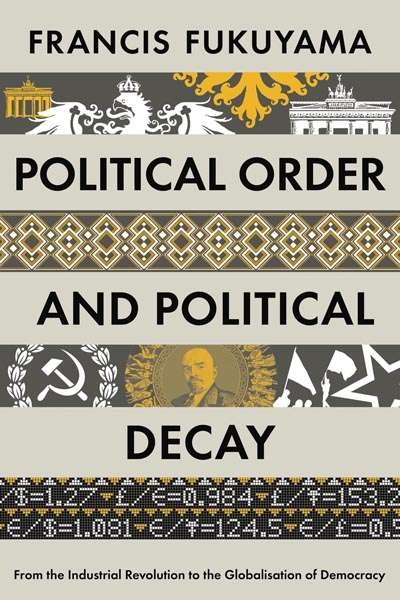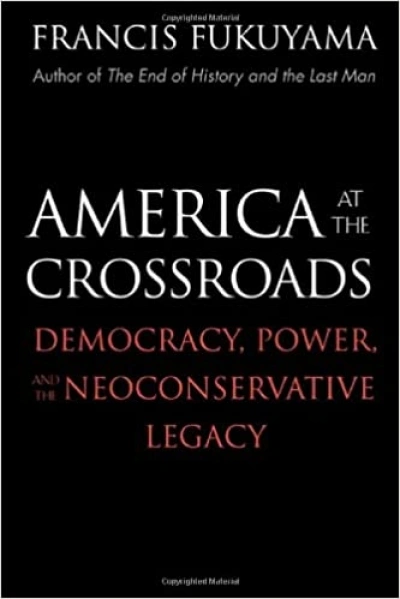Francis Fukuyama
Political Order and Political Decay: From the Industrial Revolution to the Globalisation of Democracy by Francis Fukuyama
by Mark Triffitt •
After The Neocons by Francis Fukuyama & Ethical Realism by Anatol Lieven and John Hulsman
by Hugh White •







